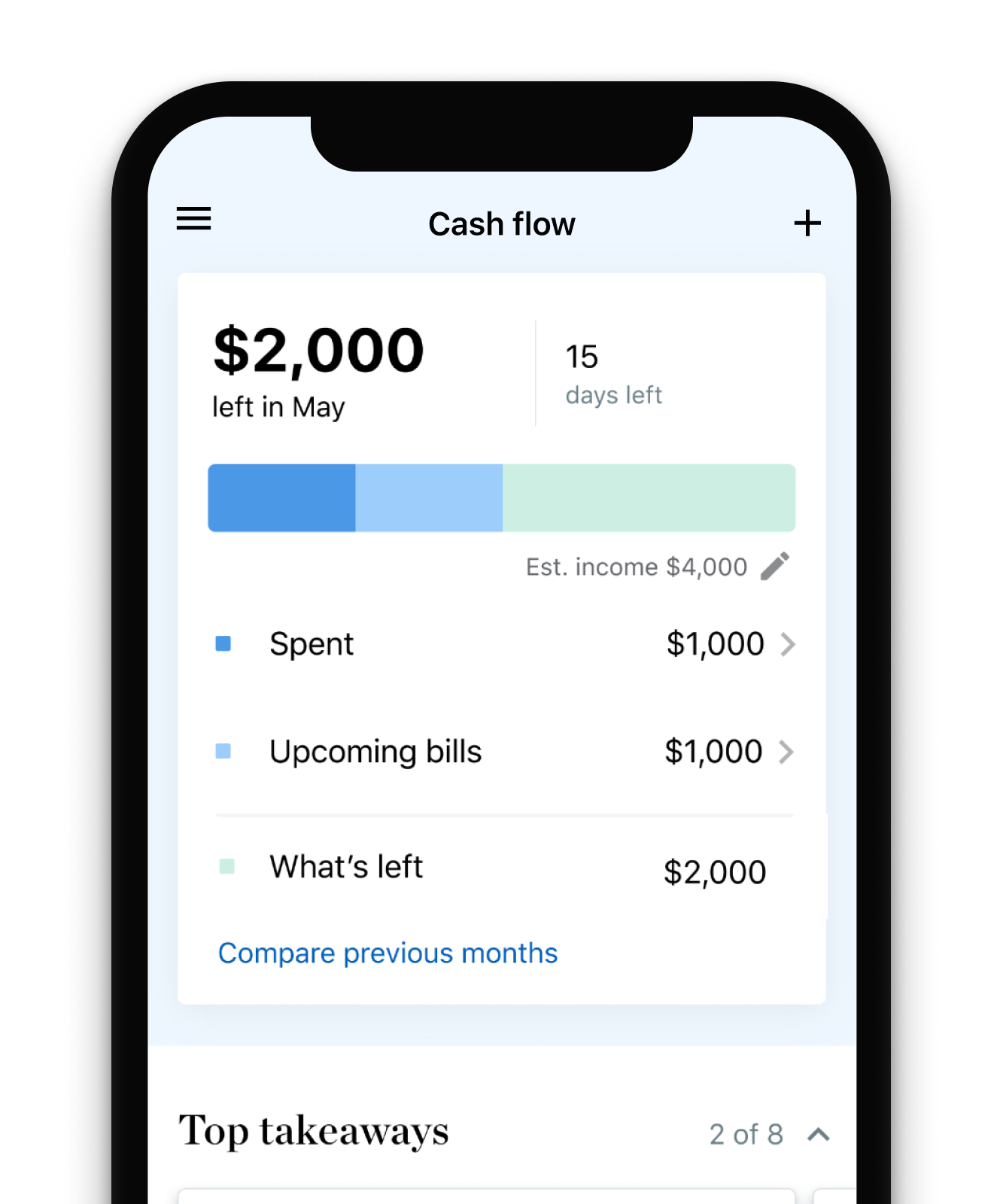

Note how much you spent in each category every month, as well as what percentage of your monthly income that spending represented.
Categorize all of your expenses over the past year. Add up your take-home pay over the past year. Most institutions let you export your transactions as a CSV file that you can open in Google Sheets, Excel, or Numbers. A year’s worth can give you a good sense of how much you tend to spend over a given period of time. Collect all of your bank and credit card statements over the past year. (Ever get hit with a large bill, such as for an auto repair or emergency dental treatment? Those kinds of things can throw your budget off track.) Spreadsheet-based budgets (and some other budgeting tools) prompt you to create a myriad of categories and assign a dollar amount to each one, which is not only overwhelming but also likely to fail. It tracks your spending, revolving bills, savings goals, and earnings history to estimate how much you have left to spend in a given month in any category you want. 
We recommend Simplifi for most people because it’s a happy medium between the two. Conversely, zero-balance apps encourage a more hands-on approach, forcing you to account for every dollar you bring in (X amount for savings, Y amount for rent, and so on), but they tend to be idiosyncratic and costly.

Tracking apps offer a 30,000-foot view of your finances, display your transactions in real time, and require very little effort to set up. There are two basic types of budget apps: trackers ( à la Mint) and zero-balancers.







 0 kommentar(er)
0 kommentar(er)
